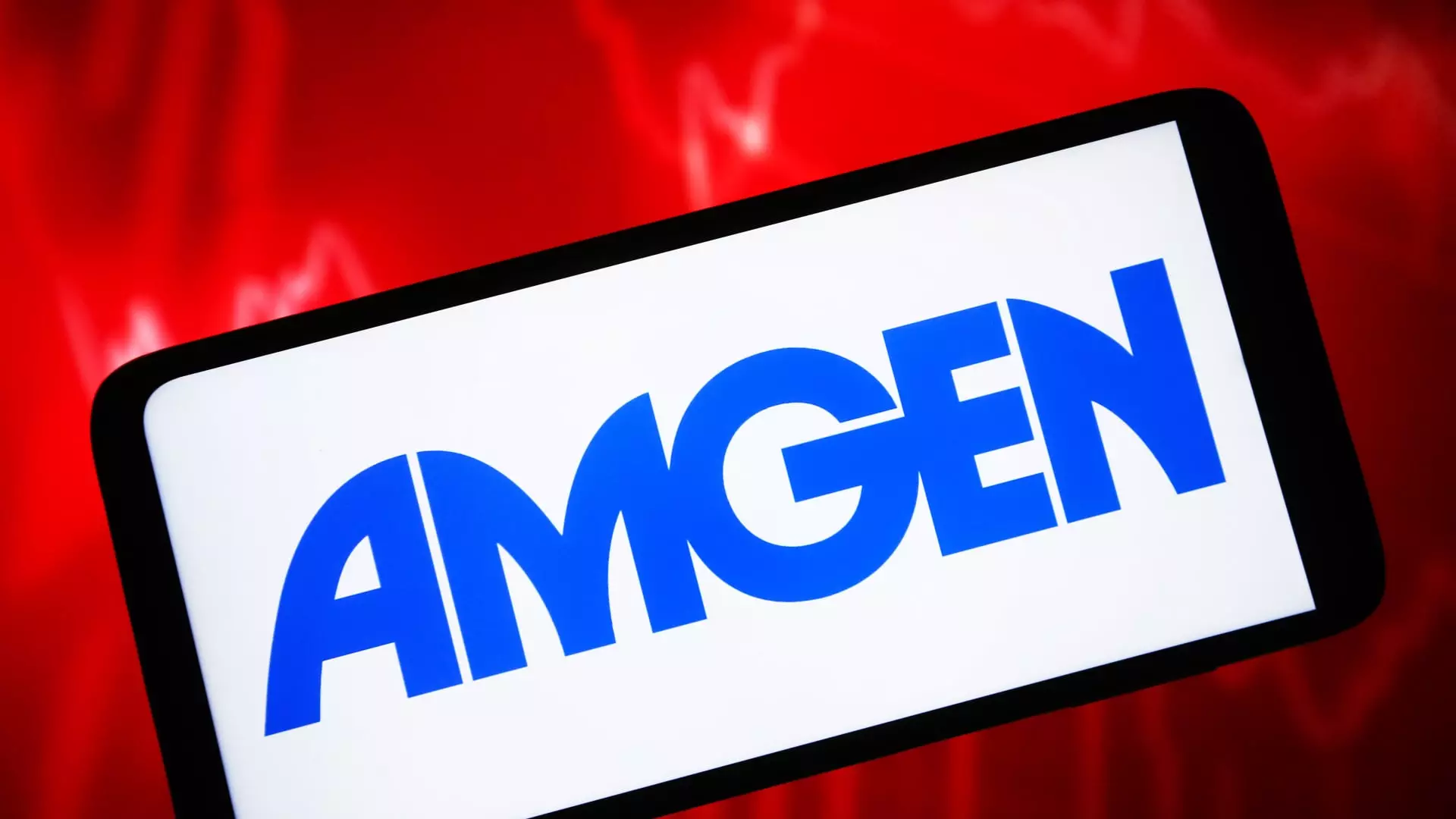Amgen’s stock surged by over 12% following the release of positive initial data on its experimental weight loss injection. This news sparked concerns among investors about potential new competition in the rapidly expanding weight loss drug industry. As a result, shares of current obesity drug market leaders, Novo Nordisk and Eli Lilly, took a hit with Eli Lilly’s stock dropping nearly 3% and Novo Nordisk’s U.S.-traded shares falling over 1%.
During a first-quarter earnings call, Amgen’s CEO Bob Bradway expressed his enthusiasm over the early results from a mid-stage study on the company’s obesity injection, MariTide. Bradway described being “very encouraged” by the initial data, emphasizing the drug’s potential to address important unmet medical needs in the market. Chief Scientific Officer Jay Bradner highlighted that patient dropout has not been an issue, and the company is on track to release more data later in 2024.
Amgen’s innovative approach with MariTide offers a competitive edge in the weight loss drug market. The injection can be self-administered using a hand-held autoinjector once a month, providing greater convenience compared to the weekly injections offered by Novo Nordisk’s Wegovy and Eli Lilly’s Zepbound. Analysts, such as William Blair’s Matt Phipps, have expressed growing confidence in MariTide’s potential efficacy and safety, leading to an upgrade in Amgen’s stock rating to “outperform.”
Amgen’s announcement regarding the expansion of manufacturing for MariTide indicates the company’s readiness to meet the potential demand for the drug. This strategic move aims to avoid supply constraints that have plagued Novo Nordisk and Eli Lilly in the past year and a half. The company’s proactive approach in scaling up production reflects a commitment to ensuring the availability of MariTide in the market.
While Eli Lilly managed to reassure investors about overcoming supply constraints for its popular drugs, including Zepbound and Mounjaro, Novo Nordisk faced challenges meeting the demand for Wegovy. The intense competition between the two companies has impacted pricing dynamics, leading to lower net pricing for their respective drugs in the U.S. throughout the year. Novo Nordisk highlighted the influence of market competition, particularly from Eli Lilly, in affecting sales performance during the first quarter.
The entry of Amgen’s MariTide and the ongoing developments in the weight loss drug market signal a dynamic landscape with evolving competitive pressures. As drugmakers race to introduce innovative solutions to address obesity and related conditions, investors are closely monitoring the performance of key players like Amgen, Novo Nordisk, and Eli Lilly. The outcome of late-stage studies and the commercialization of new drugs will shape the future trajectory of the weight loss drug industry.

Leave a Reply